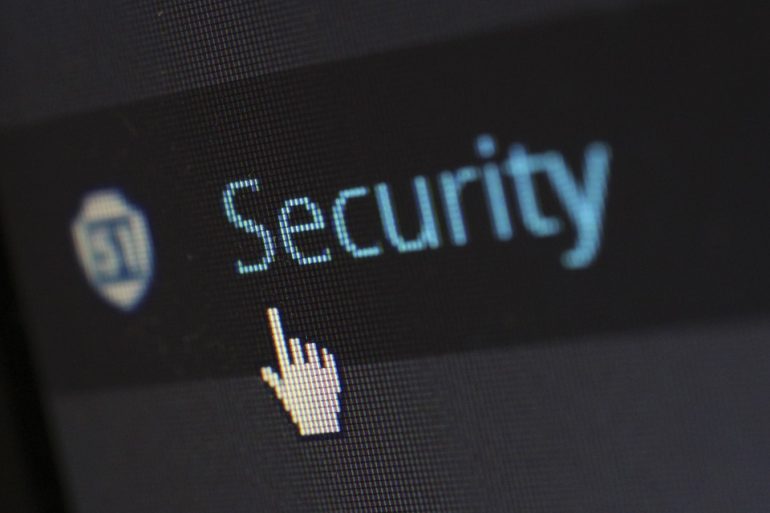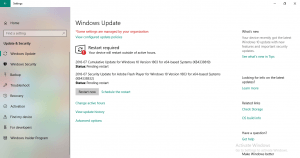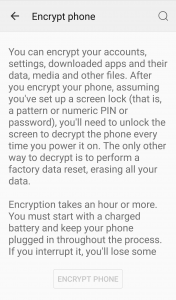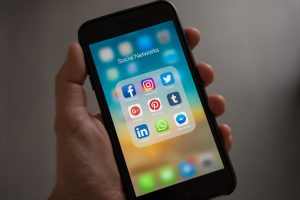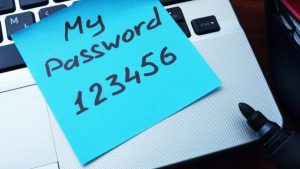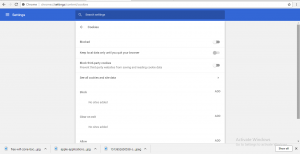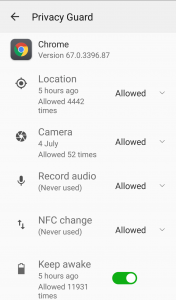Nowadays there is a way for the ransomware and cyber-attacks. Many individuals, organizations, multi-national companies are victims of it. Also, there is a chance for a hacker to hack your device and steal your online data. Your personal online data and privacy are at a risk many times. So I will tell you the 10 simple and best ways that will help you to protect your pc or mobile phone’s online privacy from such attacks. Your online privacy is your matter of concern. So here’s how you can save it.
1.Software update
First one is as simple as you heard. It is the best and the easiest way to keep your device safe. We should keep our device up to date to the latest security patch. Software update keeps our device safe automatically from malware and ransomware attacks by installing the latest security patches. Also, make sure that your inbuilt antivirus software is up to date which guarantees your online privacy.
2.Data Encryption
Encryption of data is the one which blocks the third party to use your data. It is an end to end security system. Your sensitive data is totally safe with the encryption. But to encrypt the data, you must have to set a password and learn it. You can decrypt your data only through your password or directly through factory data reset. For window’s user, BitLocker is default encryption service. For an Android user, those who want to encrypt their mobile Go to settings> security> Encrypt phone and you are done.
3.Lock social media
Social Media are the very much accessible stuff of the hacker. See down to the information you are providing through your multiple accounts. Your birth dates, addresses are very strong evidence for the hacker to explore you. See that you share such information with the people you know well. Simply to know how much info you have provided publicly, type your name in Google’s search bar. You will come to know about yourself and then decide which info you have to hide from the world. Also, go through the links https://myactivity.google.com and https://privacy.google.com to remove or add your interests and to manage your privacy settings.
4.Create Strong Passwords
I know this is a bit weird but it’s true. Many of the users prefer the simple passwords and also use the same one for their different social media accounts. The reason is just simple, it is easy to remember. But trust me; such passwords are very much pruned to be hacked. If a hacker got an idea of any password of yours, he will try the same for your different accounts. And it is very much simple for him to hack you. So build up your strong password today and be safe from hacker attacks.
5.Public Internet
While using the wireless internet connection at public stations, coffee shop, cafes, hotels, etc. your network is shared with other hundreds of people right there. Make sure that you had turned off the system data sharing option. At such time, make sure that you are visiting the website having protocol “https” where ‘s’ stands for secure. Also using VPN at such times is very handy and simple. VPN encrypts the traffic between your device and the other users and block your location from them and make your usage pretty secure.
6.Secure Messaging Apps.
Using a secure messaging app for your personal and social chaos is the matter of concern. The app or the software you use should be private and encrypted. The software such as WhatsApp, Viber, and Telegram uses end to end conversation encryption policy and are safe to use. Using such apps is another step towards your online privacy.
7.Block Cookies
First of all, what is a cookie? A cookie is a message given to a web browser by a web server. The browser stores the message in a text file. The message is then sent back to the server each time the browser requests a page from the server. The main purpose of a cookie is to identify users and possibly prepare customized web pages for them. So to block them is a better option which will also block the ads coming with them. If you do not block them, they will appear on every device to which you sign in by the same account.
8. Don’t respond to fake links
Many forwarded messages assuring that they will provide you with online money or the mobile free recharge contains a link which floats on various social media. A criterion is such that we should provide our data such as name, contact details, address them. People give them their data blindly without knowing that their online privacy can be leaked and be sold for many purposes. So better not to respond to such links before reading their terms and conditions and privacy policies. And also see that you personally not share such links before inspecting them.
9. Don’t Use Third Party Apps
The third party apps are such apps which are not available in the play store and you have to visit an unknown website to download them. I will recommend not using such apps as they can bring malware and adware along with them. But if your need persists, go through their app permission and read their all terms and conditions neatly before using it.
10.Apps Permission.
The next two tip is for mobile users. Visit the app permissions settings on your device and see which permissions the app is demanding. For e.g., a certain app is demanding for the location and you know that app has nothing to deal with location. So uncheck the location option and see whether the app is working or not. If not, don’t use such apps as you don’t know where your location is been used.
So these were the 10 best and simple ways through which you can protect your online privacy.
